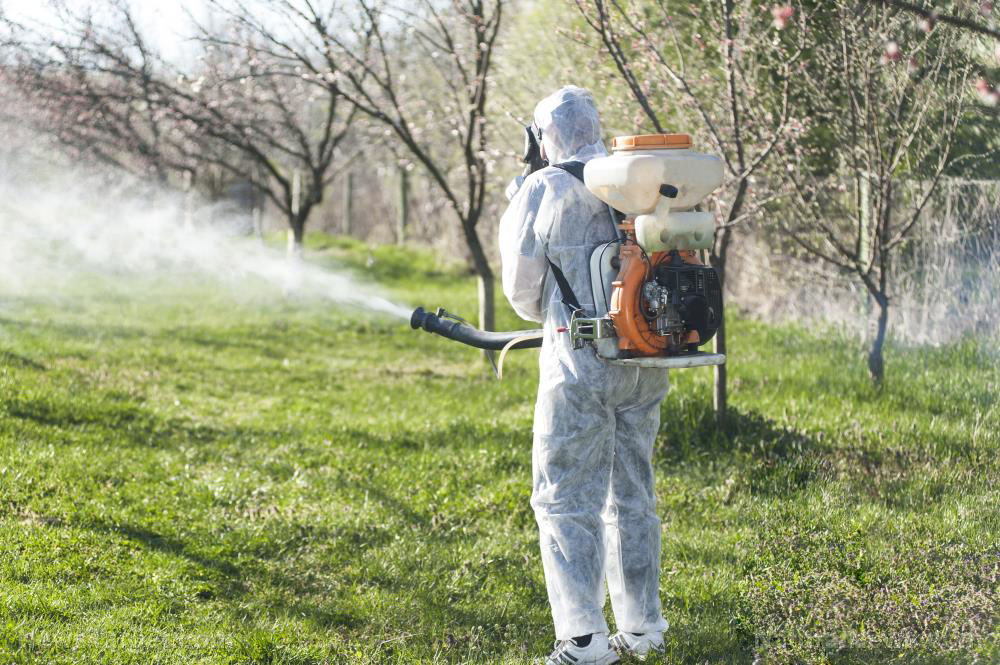
It is important to recognize not just some, but all of the risk factors for liver disease, because it kills more than 29,000 people each year. Liver disease is recognized as the fifth leading cause of cancer death in men, and the eighth in women in the United States. Looked at globally, however, liver cancer is second only to lung cancer in terms of total cancer deaths.
A recent meta-analysis of 16 different studies, which included over 480,000 participants from Asia, the U.S. and Europe, examined the link between pesticide exposure and the development of one of the most common forms of liver cancer, hepatocellular carcinoma. The study determined that pesticide exposure was linked to a 71 percent increased risk of liver cancer.
Hamdi Abdi, a cancer research fellow at the National Cancer Institute, and the lead author of the study, noted that while other liver cancer causes like hepatitis C infections and alcohol abuse are well documented, it is important to recognize the role that pesticides also play in the development of this type of cancer.
The nature of the studies included in the meta-analysis made it difficult to determine exactly which pesticides were responsible for the increased risk and at what levels, and more studies are needed to narrow this down. [RELATED: Find out which common herbicide still used in the U.S. is banned in the E.U. because it causes cancer.]
In the meantime, however, studies like this one highlight yet another reason we should be making the transition from conventionally grown fruit and veggies to locally sourced, organic, pesticide-free options.
Of course, organic foods offer far more than just protection from liver cancer. In fact, pesticide use has been linked to the development of at least nine chronic diseases:
- Alzheimer’s Disease: Studies have found that people exposed to pesticides are at increased risk of developing Alzheimer’s disease and dementia, and are also prone to motor skills problems, behavioral issues and impaired cognition.
- Other types of cancer: In addition to liver cancer, pesticide use has also been linked to the development of bone, brain, pancreatic, bladder and prostate cancers, as well as to leukemia.
- Birth defects: As the use of agricultural pesticides increases, so do the rates of birth defects, particularly in rural farming communities.
- Endocrine disruption: Just like plastics and household cleaners, pesticides disrupt hormonal balance, causing disease, reproductive problems and developmental issues.
- Fertility issues: Exposure to pesticides has been shown to affect the fertility of both men and women. In one study, men who were found to have three types of pesticides in their urine were 10 times more likely to have poor quality sperm.
- Asthma: Asthma rates are on the increase around the country, and studies have found a clear link between this condition and pesticide exposure. An Agricultural Health Study involving over 25,000 farm women confirmed a link between seven insecticides and atopic asthma.
- Diabetes: Exposure to organophosphate pesticides spurs obesity and can lead to diabetes.
- Parkinson’s Disease: The link between Parkinson’s and pesticide use is clearly defined, with one study finding that frequent use of household pesticides boosts the chances of developing this illness by 45 percent. Organophosphate use is even more dangerous, and increases Parkinson’s risk by a whopping 71 percent.
- Neurodevelopmental disorders: Since children’s brains and organs are still developing they are particularly susceptible to the effects of pesticides. Children who live in areas where aerial spraying for mosquitoes is routine are 25 percent more likely to develop neurodevelopmental disorders like autism.
Sources:
Please contact us for more information.























